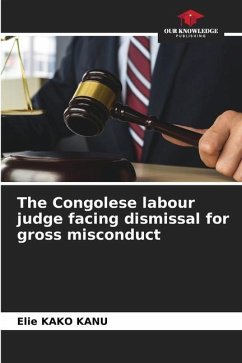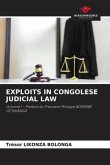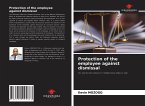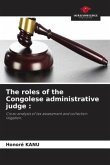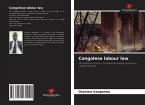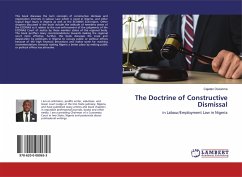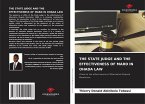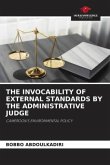No State of the former Belgian colony, and in particular the Democratic Republic of Congo, envisaged at the time of independence a clean break with colonial law in order to write a new law. On the contrary, the labour codes of the states that became independent retained a close relationship with the alma mater. In each country, labour law is deeply marked by its historical origins, making it very difficult to make rapid international comparisons. In the specific context of the DRC, the history of the written rules that make up its labour law is strongly marked by two periods: the so-called colonial and post-colonial periods.

